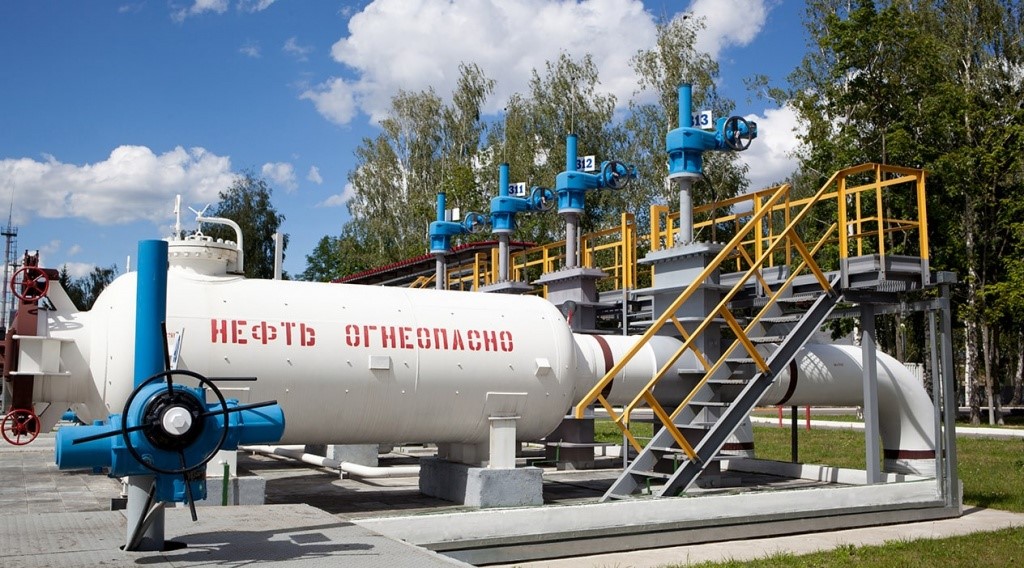RUSSIA MONITOR
Date: 30 September 2019
Belarus Merges Oil Firms That Operate Druzhba Pipeline
Starting from October 1, the Belarusian leg of the Druzhba oil pipeline will be handled by one company instead of two, as before. This step was taken to economize operator-related processes and push ahead stricter control of the oil pipeline, a top-priority answer after the Druzhba contamination incident in April. Merging two operators into one may lay the groundwork for talks to restore oil shipments to the Baltics.

Two operators of the Druzhba pipeline will join their forces in the Belarusian section of the oil pipeline, Andrey Verigo, the chief engineer at Gomeltransneft Druzhba, the Belarusian operator of the pipeline, said on September 27. The Polotsktransneft Druzhba pipeline operator is due to enter the oil transport company Gomeltransneft Druzhba. Reports on two pipeline operators joining their forces in Belarus gave rise for speculations on restoring the oil shipments in the Baltic direction. Verigo said that this could not be excluded, but is an issue for another day, adding that a decision to resume crude shipments, halted back in 2006, to the Baltics is first and foremost in the hands of Russia, the Baltic states and Poland.
Support Us
If content prepared by Warsaw Institute team is useful for you, please support our actions. Donations from private persons are necessary for the continuation of our mission.
But it will no longer be possible to meet the 2019 planned volumes of Russian oil being shipped through the Belarusian leg of the Druzhba pipeline. Russian oil transit through Belarus via the Druzhba pipeline will reach around 54 million tonnes in 2019. This is over five million tonnes less than initially planned by Transneft, Russia’s Druzhba pipeline operator, in its yearly schedule (59.75 million tonnes). The decline in the amount of oil shipped is an aftermath of the Druzhba pollution incident in April this year. It has only now been possible to restore monthly shipment volumes fully. Over 5 million tonnes were shipped in all the transit directions in September. The same figures are also expected to be reached in October. Increasing tariffs for oil transit through Belarus by 21 percent would help compensate for Minsk’s losses over the April incident. However, Belarus and Russia agreed to raise the oil transit tariff through the Druzhba pipeline by 3.7 percent, a decision that took effect starting from September 1. The Belarusian state petrochemical concern Belneftekhim hopes to resume the export of oil and petroleum products by the end of the year. In the wake of the Druzhba incident and a drop in oil output at refineries, Belneftekhim’s exports dwindled in the first six months of 2019 to 80.9 percent against 2018. For its turn, Belorusneft forecasts to meet the planned supplies in November 2019.
All texts published by the Warsaw Institute Foundation may be disseminated on the condition that their origin is credited. Images may not be used without permission.














